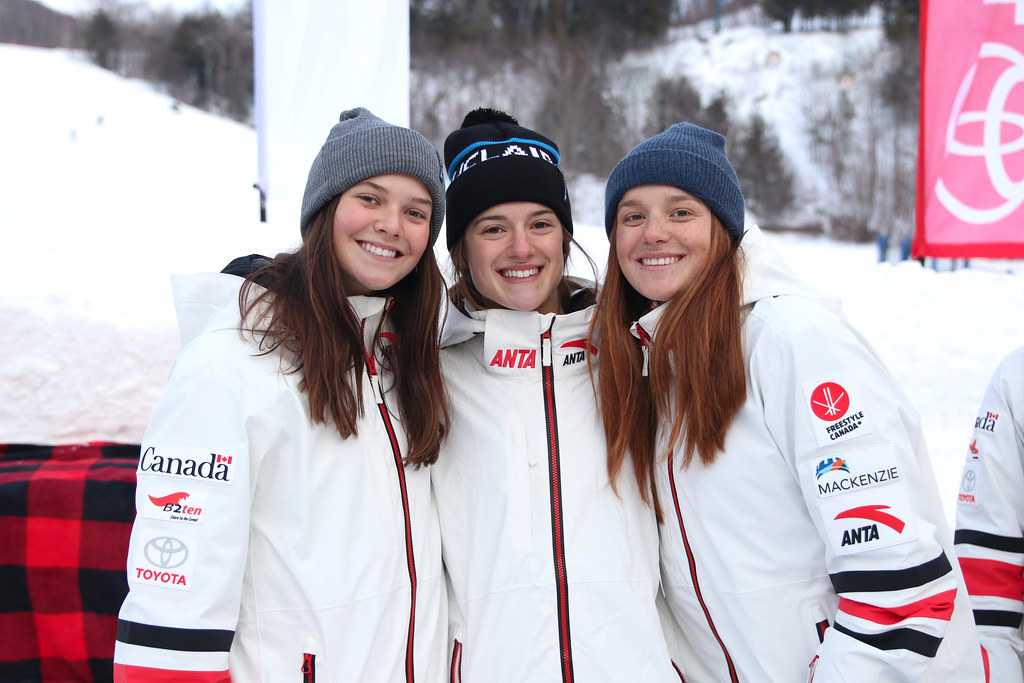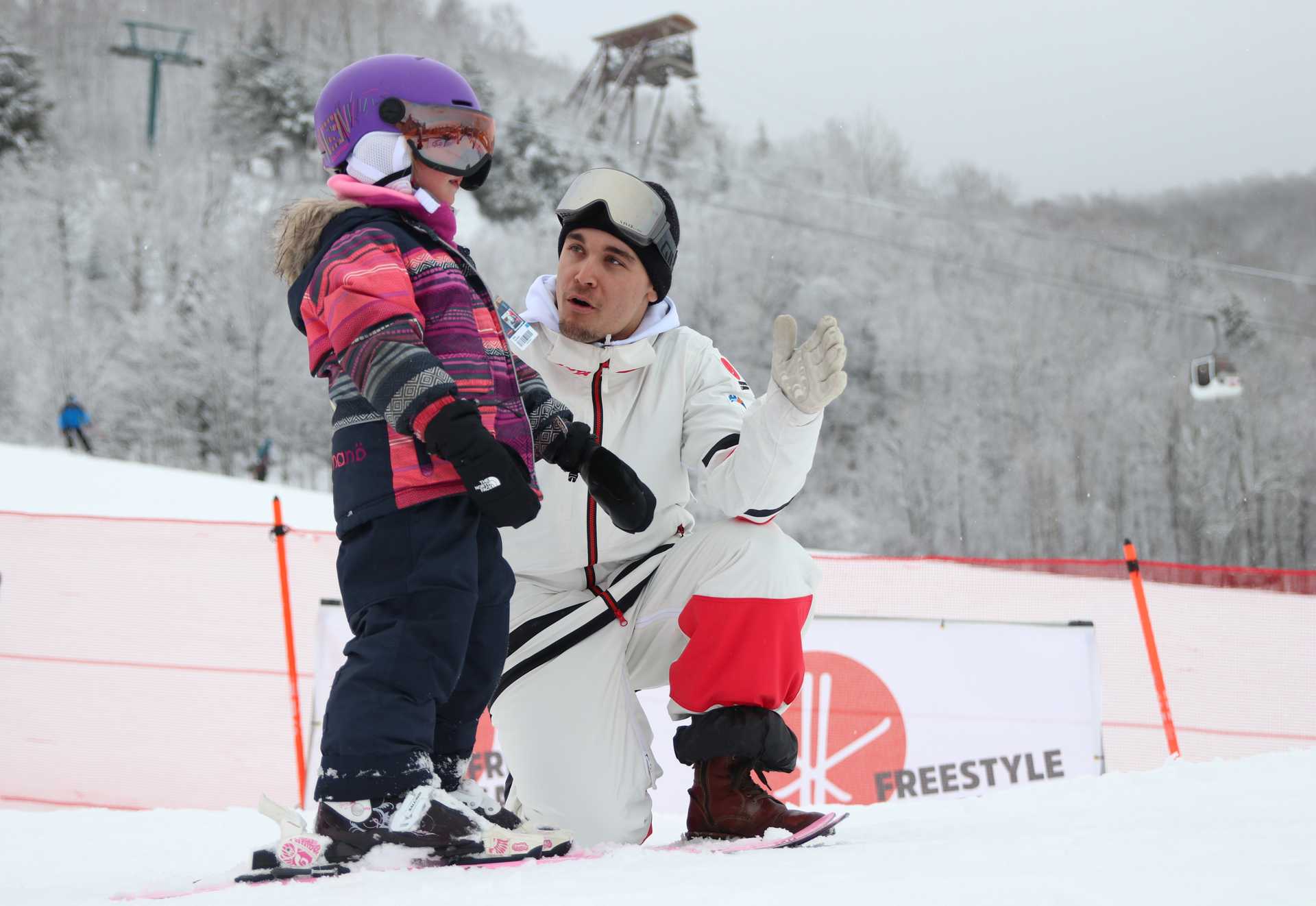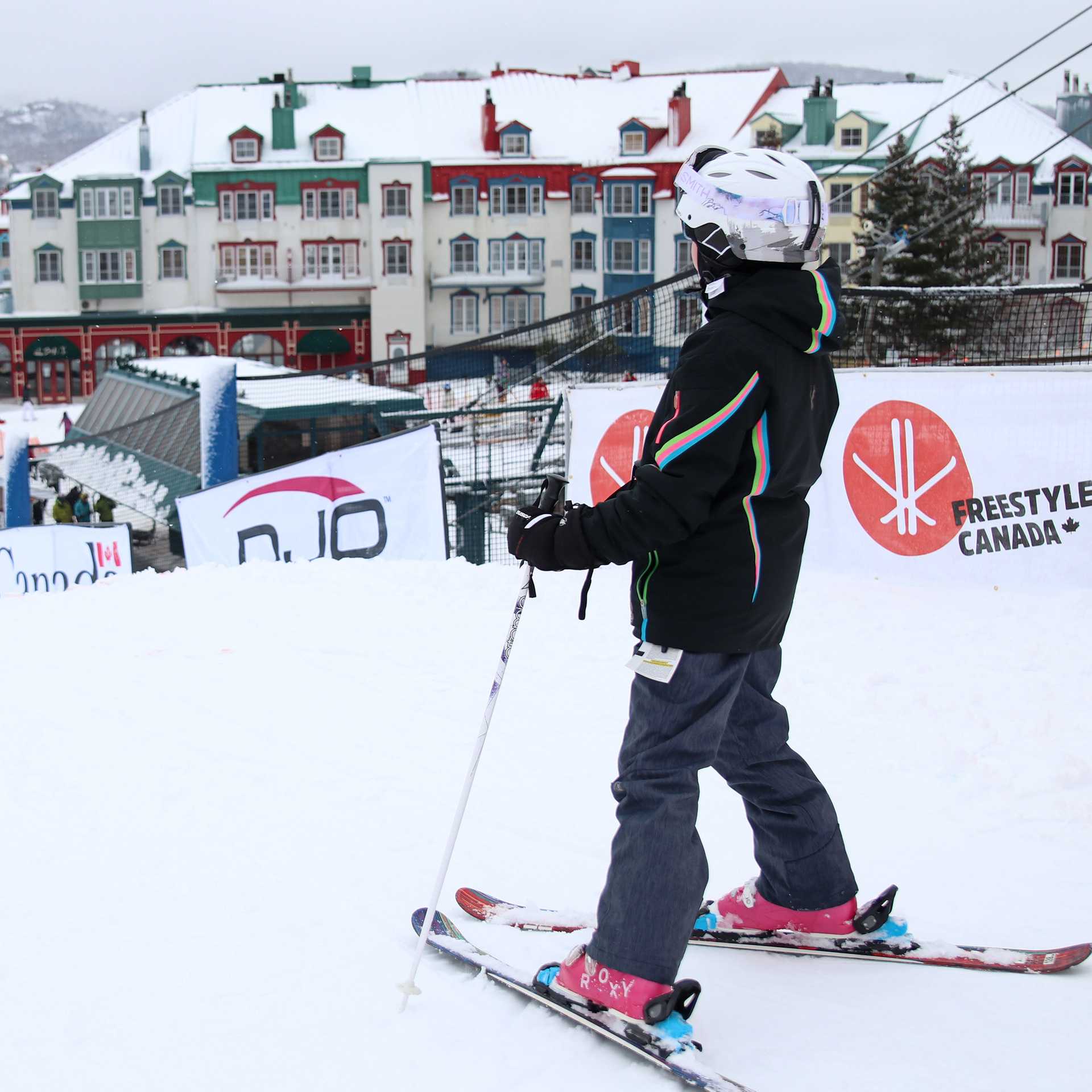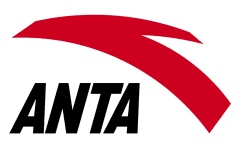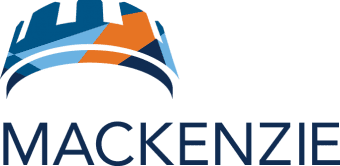Goals
- Athletes are usually at the national team level and the primary objective at this stage is to win medals at the elite levels of competition.
- Athletes competitive at the highest level: World Cups, Olympics and World Championships.
- Perfecting competitive skills and increasing a consistent medal contending performance.
- All of the athlete’s physical, technical, tactical, mental and ancillary capacities should now be fully established with the focus shifting to the optimization of performance.
Key points
- They are the best of the very best in their sport and not everyone on a national team will necessarily fall into this category.
- The Podium Pathway is:
- A concept used by all Canadian organizations committed to high performance sport.
- A component of an NSO’s Long-Term Athlete Development framework that specifically addresses identification and development of podium potential athletes.
- Integral to guiding key foundational skills in physical literacy stages.
- An approach to targeted excellence that identifies an enhanced daily training and competition environment needed to achieve podium performances.
- An evidence-based approach to determining and defining critical performance components and standards for achieving podium-level results.
- A development and implementation process shared by NSO high performance and development staff along with provincial/territorial sport organization leaders.

Athlete Skills
At this stage, periodic testing is completed to identify the gaps, the strengths and weakness of the individual athlete to create a formalized annual training plan that contains multiple periodized peaks and tapers.
Physical
- Improvement or maintenance of all physical capacities required for optimum performance through evidence-based training prescription.
- Work with the athlete on:
- The individual and sport specific needs for strength, muscular power, aerobic fitness, anaerobic fitness, speed, quickness, agility, balance, coordination, and flexibility.
- Functional Assessments and fitness testing to develop individual correctives plan.
Aerials
Gold Medal Profile
- At this stage, the training is really individualized.
- Athletes should be able to:
- Refine highest DD manœuvres.
- Have great decision-making reactions.
- Show consistency in his performances.
- Trampoline:
- Use the trampoline to work on individual needs.
- Water ramp:
- Girls
- Lay-Tuck-Tuck, Lay-Tuck-Full, Lay-Full-Tuck, Lay-Full-Full, Full-Full-Full
- Boys:
- Lay-Full-Full, Full-Full-Full, Full-dFull-Full, dFull-Full-Full
- 5 twists
- Girls
- Snow:
- Girls
- dFull-Full, Ful-dFull
- Lay-Tuck-Tuck, Lay-Tuck-Full, Lay-Full-Full, +
- Boys
- Lay-Full-Full, Full-Full-Full, Full-dFull-Full, dFull-Full-Full
- 5 twists
- Girls
Halfpipe
Gold Medal Profile
- Skiing skill:
- Perfecting and maximizing the amplitude of the skills
- Trampoline:
- Girls:
- 10+ rotation progression
- Doubles progression
- Boys:
- Keep working on triple progressions
- Integrate different types of grabs
- Girls:
- Air:
- Girls:
- Perfecting and amplifying skills
- Right or left flare
- Right and left cork 9
- Switch down pipe or alleyoop 540°
- Boys:
- Perfecting and amplifying skills
- Encouraging innovation
- Switch alleyoop, flat 5
- Switch double
- Girls:
Moguls
Gold Medal Profile
- MO Athletes should be able to:
- Refine skiing skills and tactics as applied to competitions
- Maximize DD in jumps
- Maximize individual styles of skiing
- Perform consistently on a multitude of different courses
- Encouraging innovation
- Trampoline:
- Continual improvement of aerial awareness, confidence and decision-making.
- Keep adding new skills (more spin, more flip, more style and variety),
- Linking difficult skills into routines
- Maximize excellent takeoff technique
- Water ramp/Air bag:
- Girls:
- Back full, Cork 7, variety of grabs
- Boys:
- Cork 1080, Back double full, variety of grabs, introduction to doubles
- Girls:
- Jumps
- Maximise DD
- Encourage innovation
Slopestyle & Big Air
Gold Medal Profile
- Athletes should be able to:
- Create technical innovations
- Maximize individual styles of skiing
- Perform consistently on a multitude of different courses
- Skiing:
- Mastering the style
- Strategic skiing
- Landing switch looking over the opposite shoulder of the rotation.
- Arms have minimal movement (grounded), effortless skiing.
- Trampoline:
- Continual improvement of aerial awareness, confidence and decision-making.
- Variety of grabs and style
- Perfecting skills, adding connection between skills.
- Girls:
- Progression towards dub 9, switch dub 9, dub 10
- Boys:
- Progression towards triples
- Jumps:
- Gils:
- Switch off-axis 9, switch 10, cork 9 both directions
- 3 different grabs
- Introduction to doubles
- Boys:
- Doubles all 4 ways with 3 different grabs
- 1 triple
- 16’s and 14’s
- Gils:
- Features:
- Girls:
- Most F/B swaps 2 out
- All 4 out’s and one 4 on
- Boys:
- All 2 on swaps 2 out
- All 2 on and 4 out
- All 4 on and 2 out
- Girls:
- Tactical:
- Training and competing podium tricks on a consistent and daily basis, regardless if weather conditions and course set up.
Psychological
- Maximize learning opportunities in training and competition.
- Build your belief in your ability to achieve goals.
- Practice mindfulness.
- Develop your ability to accept the different thoughts, feelings, and emotions that emerge.
- Train yourself to maintain optimal focus under any competitive conditions.
TRAINING STRUCTURE
YTP example.
- At this stage, sport-specific technical, tactical, and fitness training is full time.
- The number of training days and competition is individualized.
- The integrated support team (IST) in partnership with the coach’s construct, monitor, evaluate and adjust the athlete individual training plan to ensure them to peak for major competitions.
Coaches
- Athlete will be surrounded by a full coaching team (technical, strength and conditioning, mental, physio, wax technician, …)
- Communication in between that team is key for the athlete success.
- The lead coach will be offered professional coaching courses/workshop from CAC, OTP, Sport institutes.
Terrains
Events & Competitions
- Focus is on podium performances at highest level international events (World Cups, World Championships, Olympic Games).
- Athletes should be trained to peak for specific competitions and major events.
Judges and Officials
- For World Cups, World championships and Olympics Games, judges will need a license A for MO and AE and AFP gold for SS, BA and HP.
- Officials have their FIS licenses.
- Domestic World Cup are organized by a strong organizing committee lead by Freestyle Canada and FIS.
Other Influences
To come

